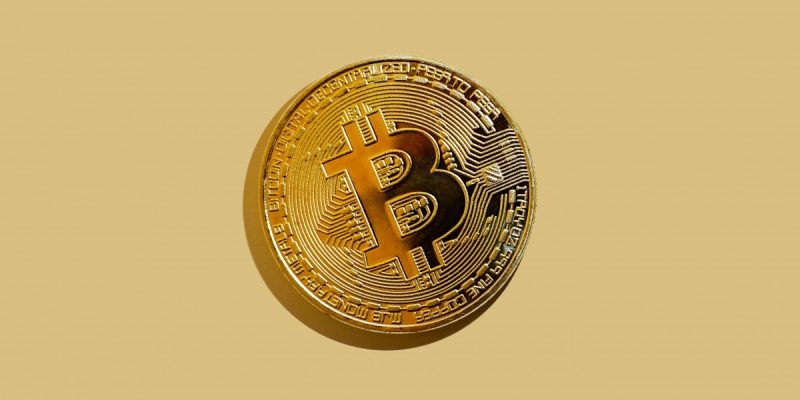Let’s begin in 2008, when Satoshi Nakamoto – a pseudonym either of an individual or a group – created bitcoin.
That money defines a whole society in which exactly the production of this abstract wealth is the highest purpose – in which therefore cars, cucumbers and tables are not manufactured because someone wants to drive, eat or use them but that someone wants to use them only to get at the money.
Instead, what they are concerned with is the question of how all of this can work better.
So Nakamoto et al created bitcoin to perform these functions better, with no devaluation, no costs, no payment uncertainties.
Let’s take a closer look at this contradiction.
With a monopoly on the use of force, the state obliges its citizens to ownership and enforces with its laws the fact that printed bills are to be accepted by all citizens as a means of access to all private wealth – and is therefore wealth itself.
Of course, bitcoin does not have this content at all, which is why it is not money, but a piece of code that has been designed in such a way that it can be transferred back and forth, particularly anonymously and securely, as data and is otherwise quite self-referential in every respect.
The critics of paper money have noted this in their very own way, and they immediately found a solution.
The inventors of bitcoin simply took the position that there has to be a relation between their product and real money, so that, thanks to the price of bitcoin in dollars, one could turn the equation around such that all goods that could be expressed in dollars could be expressed in bitcoins as well.
At the beginning of bitcoin’s history, in May 2010, a fellow named Laszlo Hanyecz ordered two Papa Johns pizzas and, as an experiment, paid for them with 10,000 bitcoins.
Bitcoin’s value determination as a result of these transactions reflects nothing other than the price that is paid in the end, because there is no value at all that finds its expression here in the bitcoins themselves.
So they take the very absence of any value and use it to speculate on the “promise of payment” of a digital currency.
Such windy deals are, of course, part of the core competence of finance capital: bitcoin is listed as an article of trade and therefore the virtual money becomes a speculative investment.
Because the price of bitcoin does not depend on anything other than speculation, and since it does not represent anything other than speculation, it is in its own way in good hands in the stock exchange.
Instead, those who initially just had a few beers from friends paid for by bitcoins and who have now become millionaires through the speculation of finance capital are considered ‘visionaries’.
This is a steep evolution.
In the logic of capitalism, another false criticism of money has allowed it to be integrated in the established circuits of finance and has been turned into a business.
It has been published on The Wire with permission, after being translated with www.DeepL.com/Translator and then further edited by The Wire for clarity.
